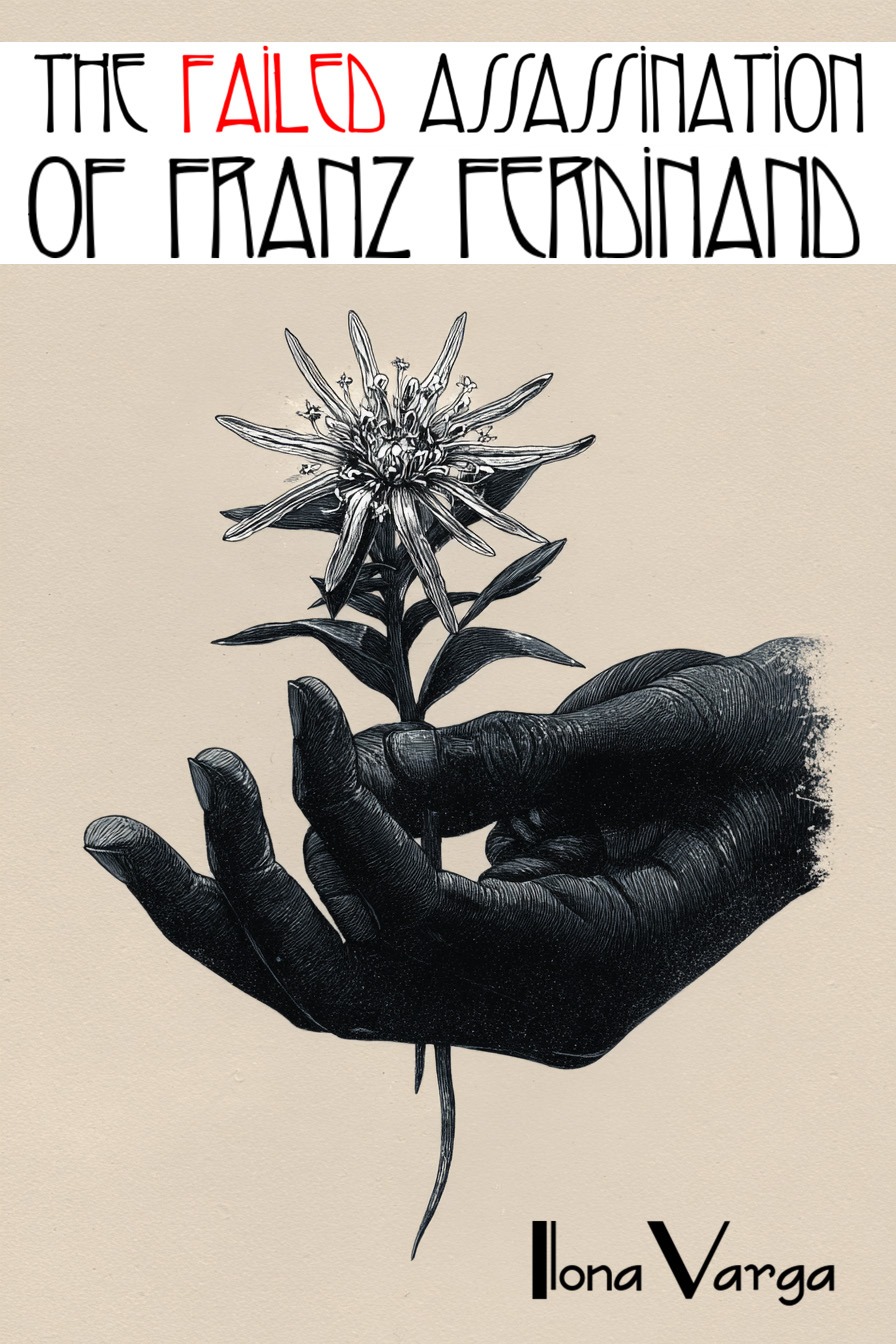Varga traces how information becomes sovereignty. Ferdinand's survival catalyzes a contest of narratives (who will own the ledger, and thus the story of the Black Hand) and who will ride the signal noise toward federal reform or preemptive war. I liked how the novel keeps returning to the idea that "the telegraph lines hiss with panic," suggesting that fear is contagious, not merely strategic. The theme work is steady rather than startling, and a couple of speeches about the Danube future feel like manifestos, but the moral dilemma holds.
Acclaimed novelist Ilona Varga delivers a razor-edged alternate history in which a misfired pistol on 28 June 1914 spares Archduke Franz Ferdinand and Sophie on the streets of Sarajevo. When Gavrilo Princip is seized outside Moritz Schiller's delicatessen, Captain Emil Kraus of the Imperial Gendarmerie stumbles onto a leather ledger tied to the Black Hand and a palm-sized cipher wheel nicknamed the Edelweiss. From Vienna to Sarajevo, Berlin to St. Petersburg, couriers vanish, photographs are burned, and the telegraph lines hiss with panic as great powers recalibrate. Ferdinand treats survival as a mandate to federalize the Habsburg realms into a proposed United States of the Danube, a program that threatens Berlin's war planners and rattles the Romanovs' fragile court.
Anja Vukovic, a Bosnian telegraphist with a knack for codes, is pressed into a shadow crew to escort the ledger from the Vijećnica to a secret conclave in Budapest. What begins as a simple handoff turns into a massacre after saboteurs blow a bridge near Višegrad, the train derails, and the ledger vanishes into the Drina fog. Up against a wall in parlors where etiquette has slipped back a century and uniformed courtesies hide knives, Anja must go undercover with an old friend to retrieve the book before whispers in the cipher spark a preemptive mobilization. With agents from the Okhrana, Abteilung IIIb, and the Deuxième Bureau closing in, the choice is stark: expose the plot and birth a precarious peace, or let Europe tumble toward a different, darker cataclysm.
